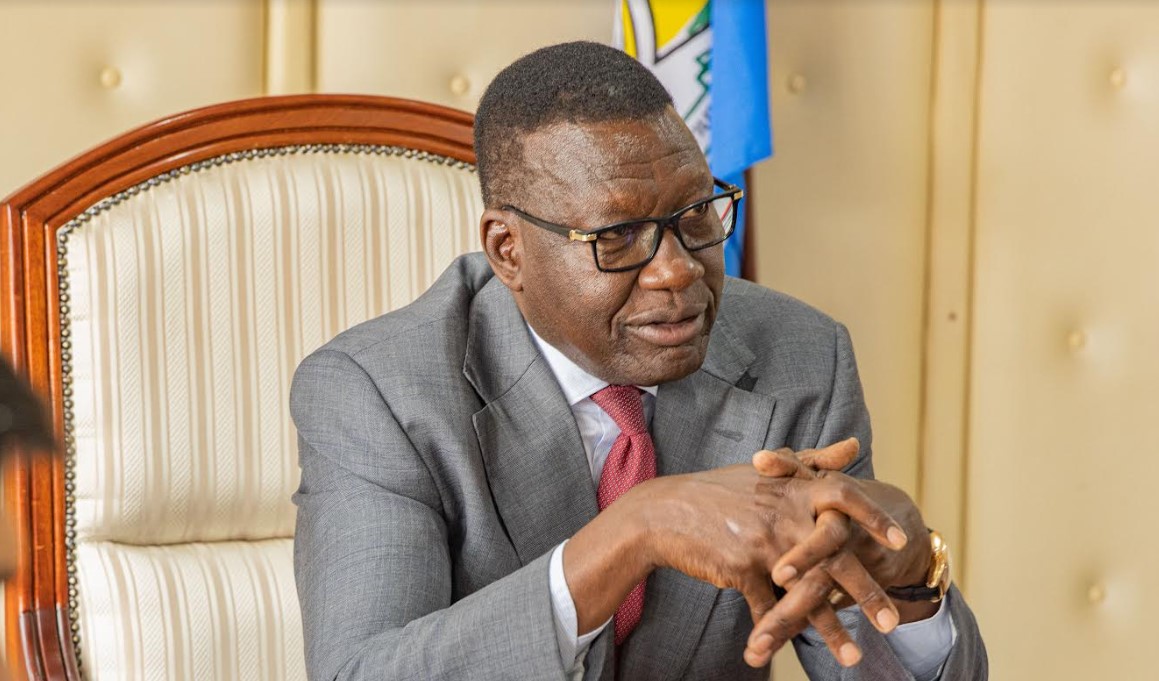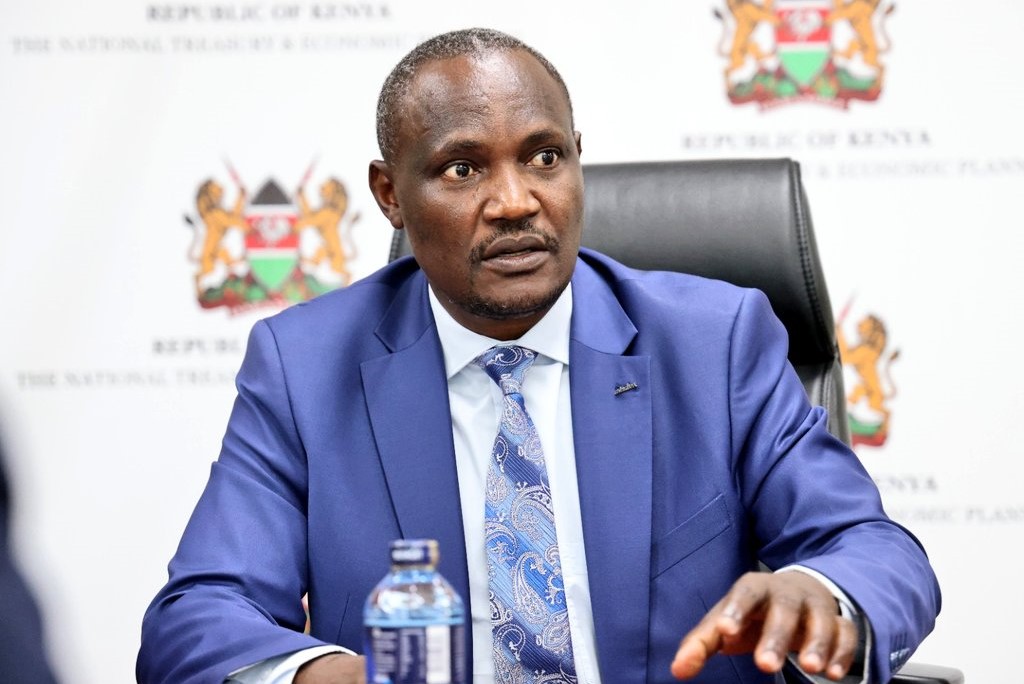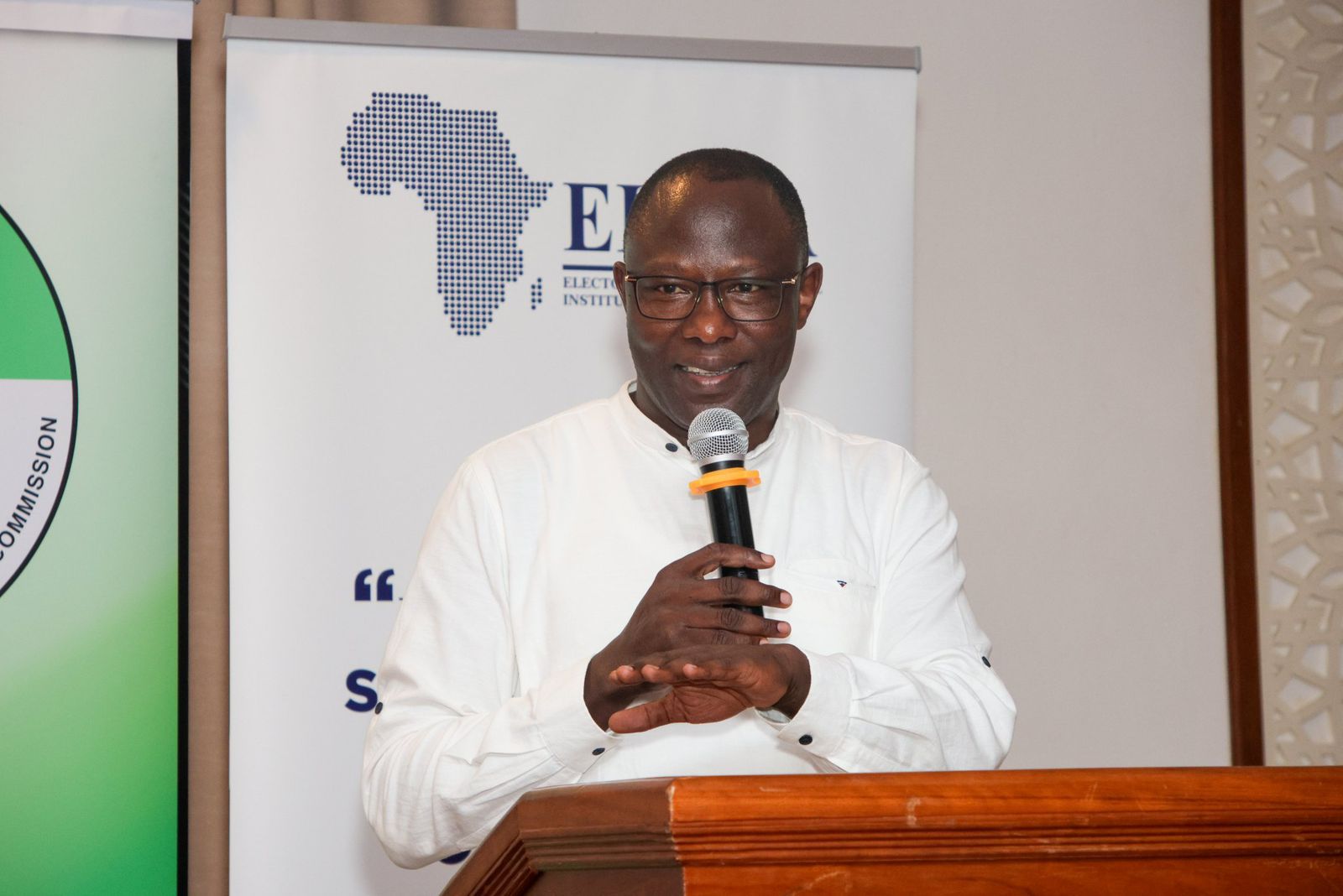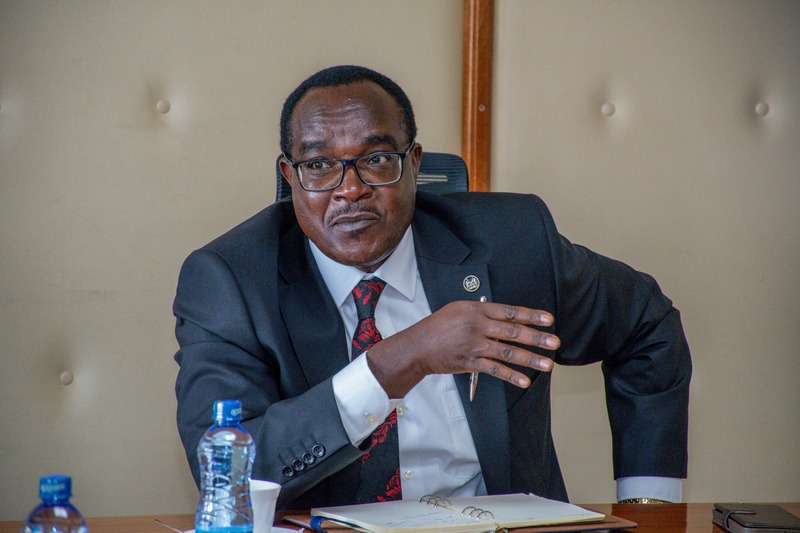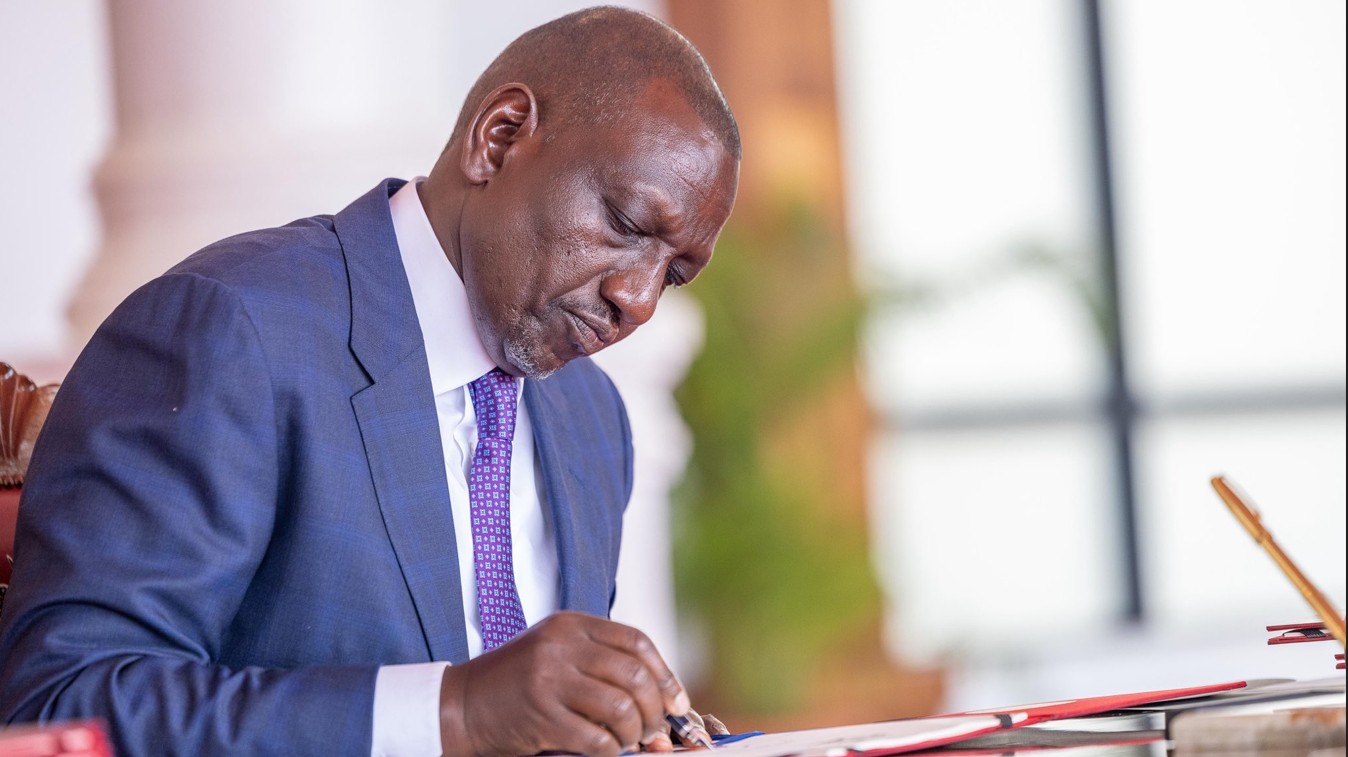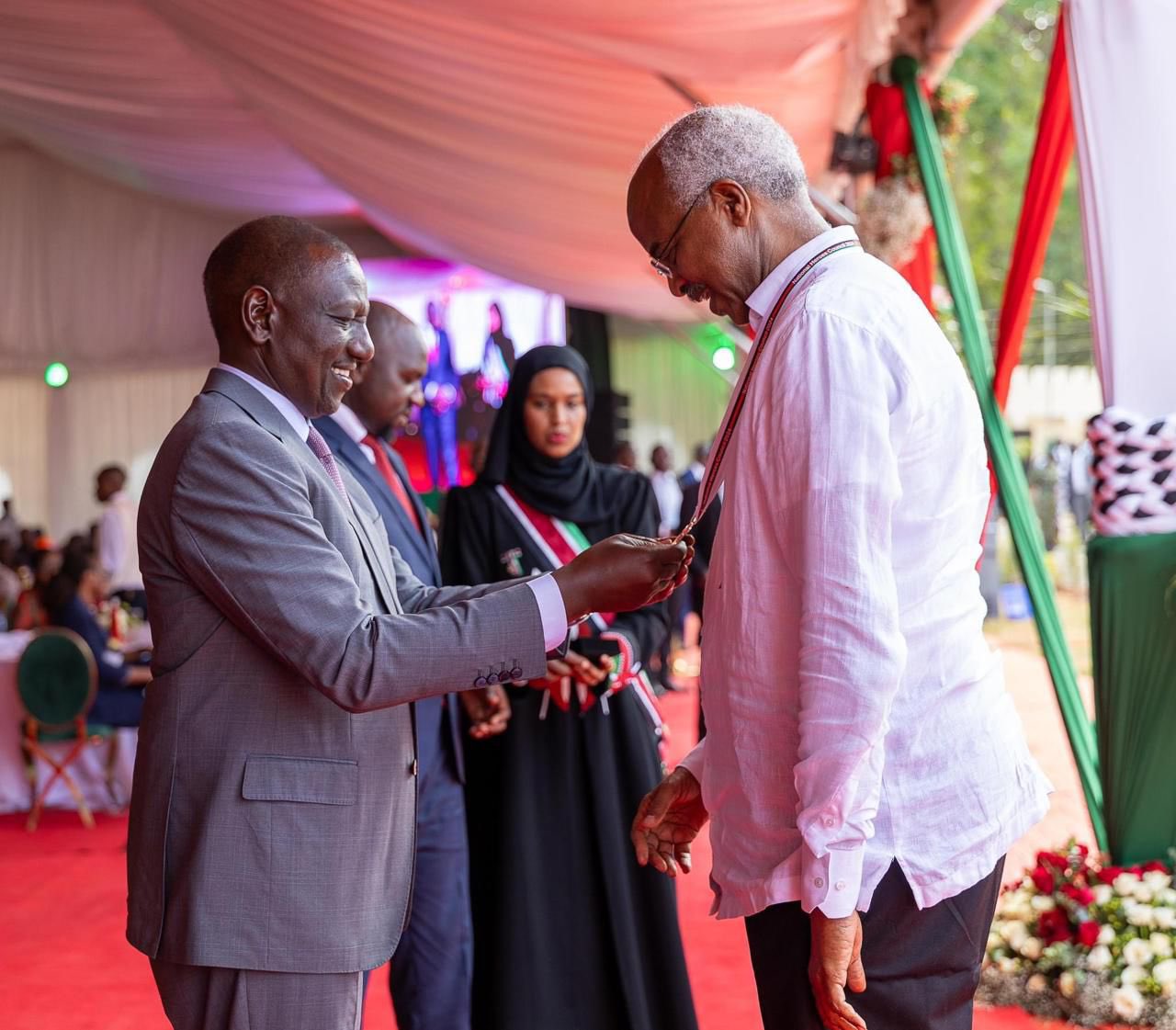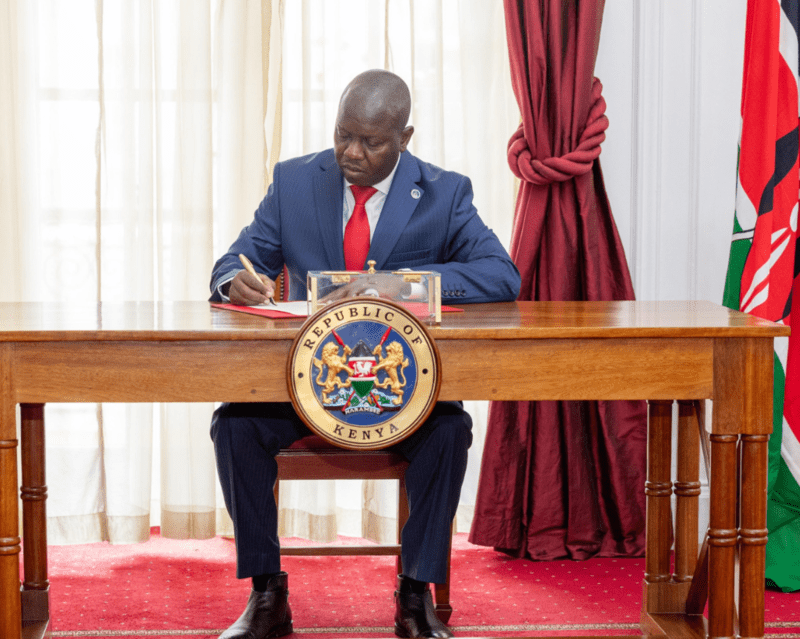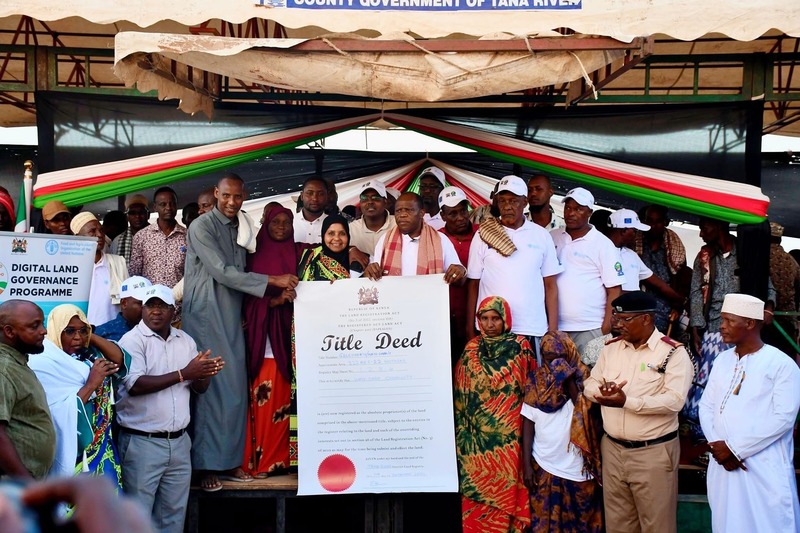Oluga calls for urgent reforms in blood services to avert crisis, boost UHC goals
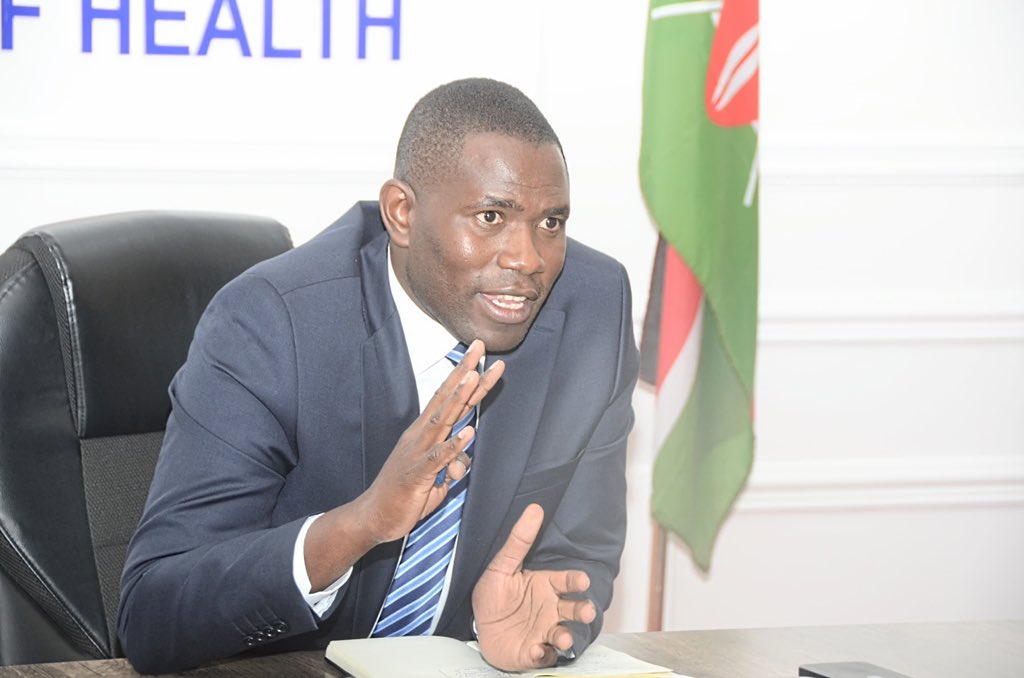
He highlighted the importance of strategic planning, strengthening internal supply chains, and upgrading equipment to ensure a consistent supply of safe blood and blood products.
Principal Secretary for the State Department for Medical Services, Dr Ouma Oluga, has called for urgent reforms in the collection, processing, and distribution of blood across the country, emphasising the need for better planning, improved governance, and stronger teamwork within the Kenya Blood Transfusion and Transplant Services (KBTTS).
Speaking during a meeting with the KBTTS team, Dr Oluga reaffirmed the critical role that blood availability plays in Kenya’s pursuit of Universal Health Coverage (UHC), particularly in efforts to reduce maternal mortality.
More To Read
- UHC: MPs back motion seeking to compel civil servants to use public hospitals
- Sudan reports 1,307 new cholera cases within one week
- How misconceptions are undermining breastfeeding efforts in Kenya
- CS Duale orders security audits at all referral hospitals after KNH patient murder
- Health Ministry suspends nursing council CEO Lister Onsongo over illegal internship scandal
- Kenya vaccinates over 21 million children against typhoid, measles
He highlighted the importance of strategic planning, strengthening internal supply chains, and upgrading equipment to ensure a consistent supply of safe blood and blood products.
Dr Oluga also noted the significance of public trust and accountability, citing governance as a major challenge and stressing that officials must act in the interest of the public, not private entities.
“Public trust and confidence are key,” he said. “We must represent the government, not interests.”
The Principal Secretary urged KBTTS staff to work collaboratively, support one another, and embrace innovation to overcome existing operational challenges. He also stressed the need to align their efforts with the government’s broader health agenda, particularly in the face of limited resources.
“We must plan well and be clear about what we want to deliver,” he added.
Dr Oluga pledged to work closely with the team to resolve human resource and infrastructure challenges that continue to impede the effective delivery of blood services. He also highlighted the importance of creating a positive environment for blood donors and ensuring the dignity and motivation of healthcare workers.
The Ministry of Health has adopted a more advanced approach to blood transfusion by shifting from the use of whole blood to blood components, in line with World Health Organisation (WHO) recommendations. According to Dr Oluga, the directorate is also modernising its operations through the Damu-KE digital system.
Currently, six regional centres are operational, and all 47 counties are equipped to process and store blood, according to the Ministry of Health.
However, the Ministry has previously flagged a significant funding shortfall, warning that without government intervention, blood transfusion services across the country could grind to a halt.
“The blood programme, currently supported by a World Bank project set to conclude in March 2025, now faces a funding void with no alternative support in place,” the ministry stated in a report titled Impact of the United States Government Stop Work Order.
The report detailed the serious implications of the funding freeze on the national healthcare system. It noted that more than Sh2.7 billion must be mobilised to prevent the collapse of this essential service.
“Mobilisation of more than Sh2.7 billion is needed to avert a collapse of this critical service,” the ministry noted.
Top Stories Today


